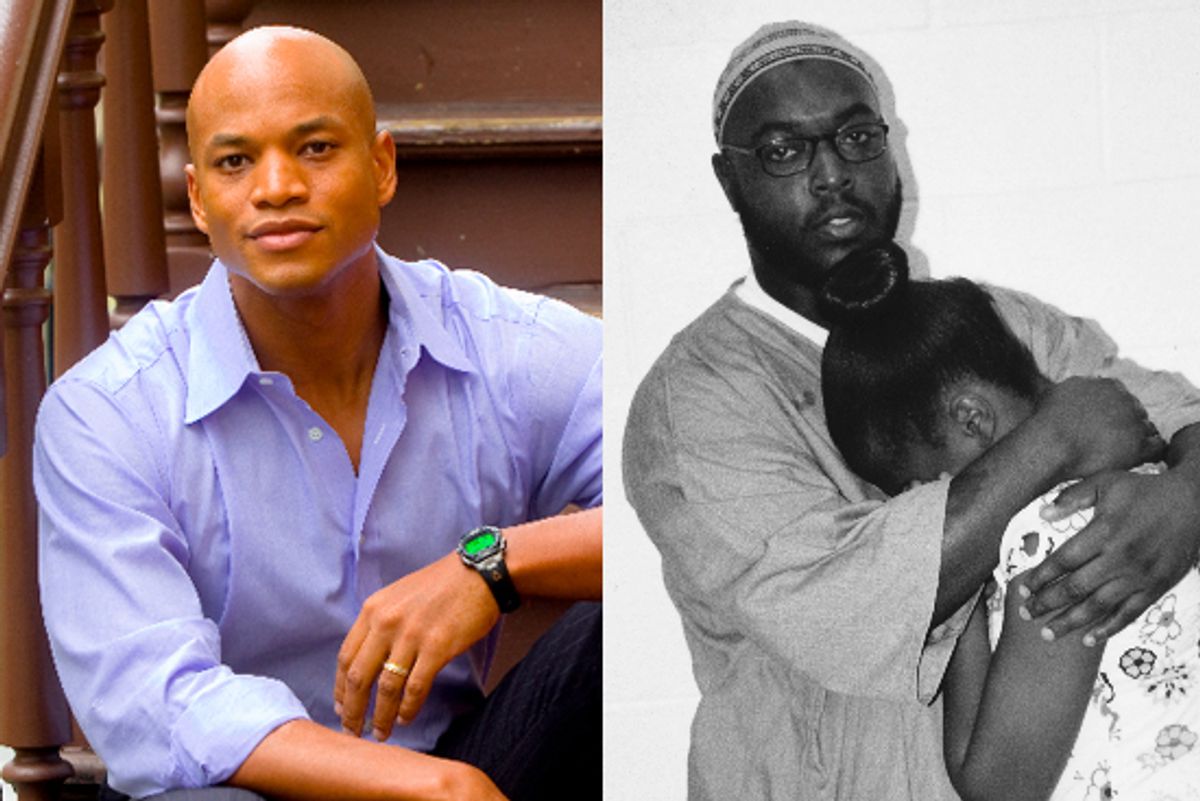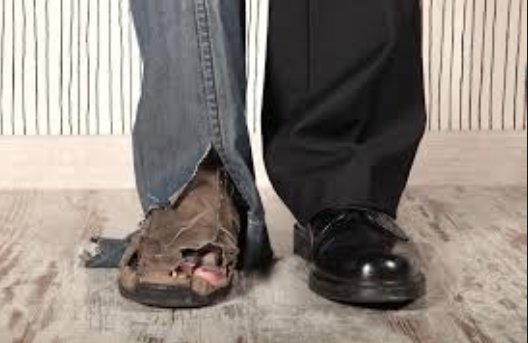The Other Wes Moore - Survival by Any Means
The Other Wes Moore describes the life of two boys and their city upbringing during the 1980s and 1990s. The structure of the book is based on two people both named Wes Moore who had rough childhoods. However, the author went on to become successful and greater than his environment, while the other Wes ended up going to jail for his entire life for a murder-robbery. The book’s first three chapters set the tone of the book, revealing a common theme of rough beginnings. Drugs, gangs, crime, and violence were rampant and highly enticing for children. Each of the boys had encounters with these enticements, experienced growing up without fathers, and struggling to make it through childhood due to the world around them. Section II of the book, chapters four through six, symbolized the turning point in the boys’ stories and showcased a theme of influences. Until this point in the story, both boys could have easily had the same life outcome of not finding success, escaping their urban life, or submitting to the societal expectation that they would end up behind bars. In part three of the book, chapters seven to the epilogue, the story turns from their childhood and teen years to their moments leading up to their differing life outcomes. As the story explores this time, it reveals a theme of survival by any means necessary.
The author Wes Moore survived by improving his lifestyle. After moving to Brooklyn from Baltimore, Wes continued to fall prey to the urban environment, though he was moved to an affluent private school in hopes he would perform better. However, he continued otherwise, missing days of school and getting in trouble until his mother sent him to military school. At first, Wes tried to run from his mother’s push for him and military school literally. Yet, he grew to like military school, ascended the ranks as the highest-ranking cadet there, and officially entered the military as a paratrooper (134). Wes became connected with people who could serve as guides and mentors, such as Mayor Smoke. Wes’ connections grant him to higher heights, such as his connection leading toward better life opportunities. In the years following the military, Wes got additional education, became a Rhodes scholar, and studied abroad (161). Overall, Wes found success outside everyone else’s expectations for someone like him.
On the other hand, the other Wes
Moore survived by using his environmental skills. After ending in dire
positioning with his baby mother on drugs, Wes decided to leave and improve his
life. Modeling after one of his friends, Wes stepped away from the drug dealing
and went to Job Corp (139). This works for about a year, when Wes goes into Job
Corp, gets his GED, and continued to work for his kids. However, the pressure
of having to provide overtook him as his employment did not produce enough money
compared to the drug dealing. Unfortunately, the drug dealing won that internal
war inside Wes, resulting in him returning to dealing drugs to make money
(145). This all led up to the jewelry store robbery that left one person dead
and Wes in jail for the rest of his life. Rather than working to improve his life,
the other Wes used his environmental intellect to survive. As a result, he did
not grow beyond the expectation many had for city boys like him.
The final part of the book explores
the theme of survival by any means necessary. While the author Wes had a push
to survive and grow beyond his background, the other Wes did not have a
positive role model and had to use his street intellect to survive. As a result,
they headed down their paths of differing life outcomes.





You did very well explaining the actions both men took that altered their lives and explaining the results of their actions. I also like that you included that having a steady job for Wes Moore did not mean being financially stable, which is what he wanted.
ReplyDelete